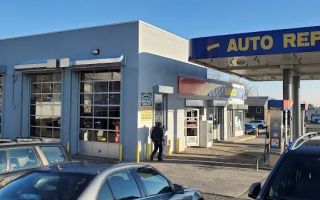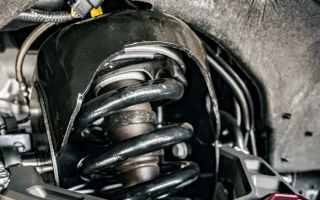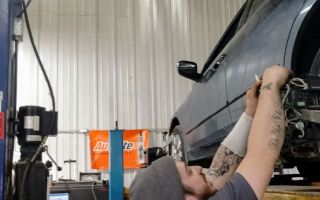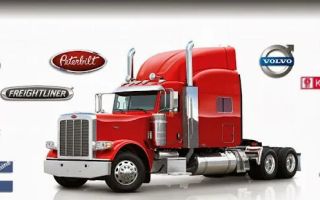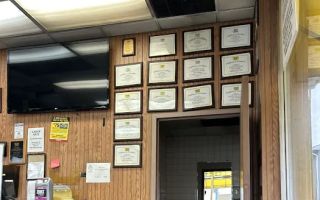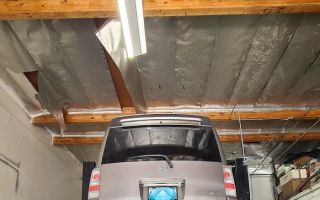How Towing Services Operate in Remote or Hard-to-Reach Areas
- Challenges of Towing in Remote Areas
- Specialized Towing Equipment for Difficult Locations
- Real-Life Example: Towing in Remote Areas
- How to Choose a Towing Service for Remote Locations
1. Challenges of Towing in Remote Areas
Towing in remote or hard-to-reach areas presents unique challenges. Unlike urban towing services, which can rely on well-maintained roads and quick access to vehicles, towing in remote areas often requires a higher level of planning, expertise, and specialized equipment. The distances involved, lack of infrastructure, and harsh environmental conditions can all contribute to the complexity of the task.
For example, towing in off-road locations like deserts, mountains, or remote forests often means dealing with rugged terrain, extreme weather, and the absence of standard roadside assistance. This makes it more difficult for towing companies to reach vehicles quickly and safely. In these situations, towing services must adapt to these conditions and ensure they have the necessary tools and techniques to recover the stranded vehicles.
2. Specialized Towing Equipment for Difficult Locations
To successfully operate in remote or hard-to-reach areas, towing companies use specialized equipment designed to handle the unique challenges of these environments. Some of the key tools and vehicles involved in remote towing include:
1. Off-Road Tow Trucks: These trucks are equipped with powerful 4x4 systems, large tires, and heavy-duty winches, allowing them to navigate difficult terrains like mud, snow, or gravel. These vehicles are built to handle the rugged conditions that come with remote towing.
2. Flatbed Tow Trucks: In some cases, towing services may use flatbed trucks to transport vehicles from remote areas. These trucks provide a stable surface for loading and unloading vehicles, especially in challenging terrains where traditional towing methods may not work.
3. Recovery Ropes and Chains: When towing in difficult conditions, recovery ropes and chains are essential tools. These items are designed to withstand the stress of pulling vehicles out of tough spots, such as deep mud or steep inclines.
4. Drones for Reconnaissance: Some advanced towing services have even started using drones to survey hard-to-reach areas and determine the best approach for towing. This allows them to assess the terrain, identify obstacles, and plan a safer and more efficient recovery operation.
3. Real-Life Example: Towing in Remote Areas
One of the most challenging real-life examples of towing in remote areas involved a team of professional tow truck operators who were called to recover a vehicle stuck in the Rocky Mountains during the winter months. The snowstorm had made the roads impassable, and the stranded vehicle was located far off the main highway.
The towing team faced multiple challenges. First, they had to navigate treacherous, icy roads before even reaching the vehicle. Then, they used a combination of off-road tow trucks and heavy-duty winches to pull the vehicle out of the snow and back onto a safe route. The team’s use of specialized towing equipment, including a snow plow attachment, ensured that they were able to recover the vehicle without damaging the surrounding environment.
This incident highlights the importance of using the right equipment and having skilled professionals to handle towing operations in difficult conditions. Without the appropriate tools and expertise, this recovery would not have been possible.
4. How to Choose a Towing Service for Remote Locations
If you’re looking for a towing service to assist in a remote or hard-to-reach area, it’s important to select a company with the experience, equipment, and expertise to handle these types of challenges. Here’s what you should consider:
1. Check for Off-Road Capabilities: Ensure that the towing service has vehicles equipped for off-road recovery. Look for companies with 4x4 trucks, flatbeds, and winches to guarantee they can handle difficult terrains.
2. Experience with Remote Recovery: Choose a company that has experience handling towing jobs in remote or difficult-to-reach areas. The more experience they have, the better equipped they will be to handle unexpected obstacles or conditions.
3. Availability and Response Time: In remote areas, getting help can take longer. Choose a service that guarantees a fast response time and has the logistical capability to get to you, no matter how far off the beaten path you are.
4. Reputation and Reviews: A reputable towing service should have positive reviews and testimonials from customers who have used their services in similar situations. Reading about other people’s experiences can help you choose the right towing provider.
For example, companies like Chuckles are known for their expertise in towing in tough environments, ensuring a smooth and safe towing experience in even the most remote locations.



